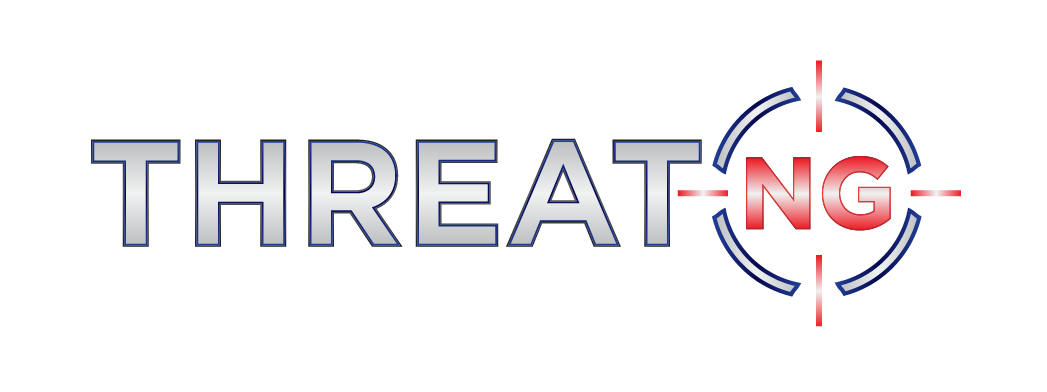SSH (Secure Shell)
Secure Shell (SSH) is a cryptographic network protocol that provides a secure way to access and manage a computer over an unsecured network. It's a fundamental tool in cybersecurity for system administrators and security professionals to remotely access and control devices, execute commands, and transfer files securely.
Why SSH is Critical for Cybersecurity:
Confidentiality: SSH encrypts all communication between the client and the server, protecting sensitive information like passwords, commands, and data from eavesdropping and unauthorized access.
Integrity: SSH ensures the integrity of the data transmitted, preventing any tampering or modification during transit.
Authentication: SSH provides strong authentication mechanisms, verifying the identity of both the client and the server to prevent unauthorized access.
Common Uses of SSH in Cybersecurity:
Remote Server Administration: System administrators use SSH to securely manage servers, configure settings, and troubleshoot issues from remote locations.
Secure File Transfer: SSH enables secure file transfer between systems, protecting sensitive data during transmission.
Network Device Management: SSH is used to securely access and manage network devices like routers and switches.
Secure Remote Access for Employees: SSH can be used to provide secure remote access to employees who need to connect to company resources from outside the network.
How ThreatNG Can Help Secure SSH:
While SSH itself is a secure protocol, ThreatNG can help ensure that SSH servers are properly configured and protected by:
Discovery: ThreatNG can scan your organization's network to identify all publicly accessible SSH servers, including those that may not be officially documented or managed.
Assessment: ThreatNG can assess these SSH servers for outdated software versions and known vulnerabilities.
Reporting: ThreatNG generates comprehensive reports on the security status of SSH servers, highlighting any identified vulnerabilities and their potential impact. These reports can be used to prioritize remediation efforts.
Investigation Modules: ThreatNG's investigation modules, such as the Domain Intelligence module, can provide deeper insights into the SSH servers. For example, it can identify the technology stack used for the service, including the specific vendor and version. This information can be crucial for risk assessment and vulnerability management.
Intelligence Repositories: ThreatNG leverages various intelligence repositories, including vulnerability databases and threat intelligence feeds, to identify emerging threats and vulnerabilities relevant to SSH. This helps organizations stay ahead of attackers and proactively mitigate potential risks.
Working with Complementary Solutions: ThreatNG can integrate with other security solutions, such as multi-factor authentication (MFA) systems and intrusion detection/prevention systems (IDPS), to provide comprehensive protection for SSH servers. For example, ThreatNG can share threat intelligence with the IDPS to enhance its ability to detect and block malicious traffic.
Examples of ThreatNG working with complementary solutions:
ThreatNG + MFA: ThreatNG identifies a publicly accessible SSH server and provides this information to the MFA system. The MFA system then enforces multi-factor authentication for all SSH connections, making it more difficult for attackers to gain unauthorized access.
ThreatNG + IDPS: ThreatNG detects a vulnerability in an SSH server and alerts the IDPS. The IDPS then adjusts its monitoring and blocking rules to focus on potential attacks that exploit this vulnerability, increasing the likelihood of detecting and preventing malicious activity.

